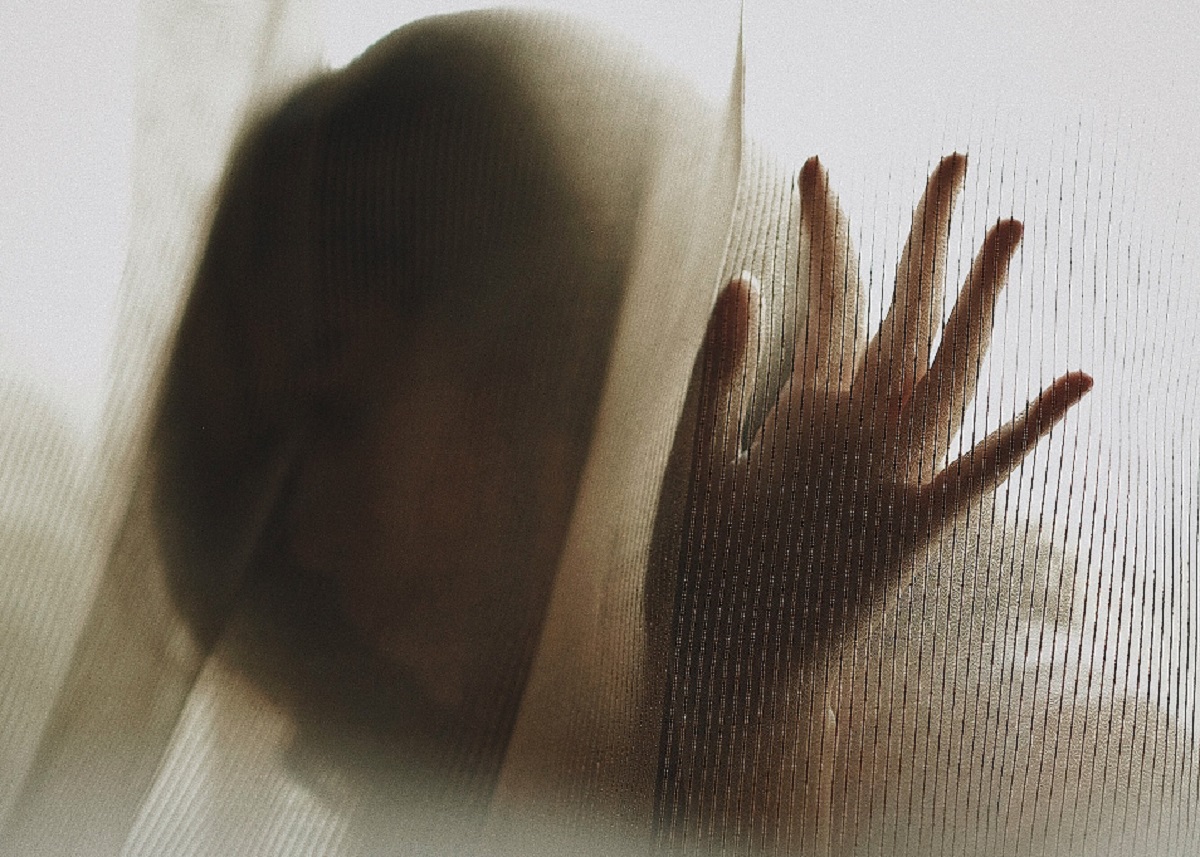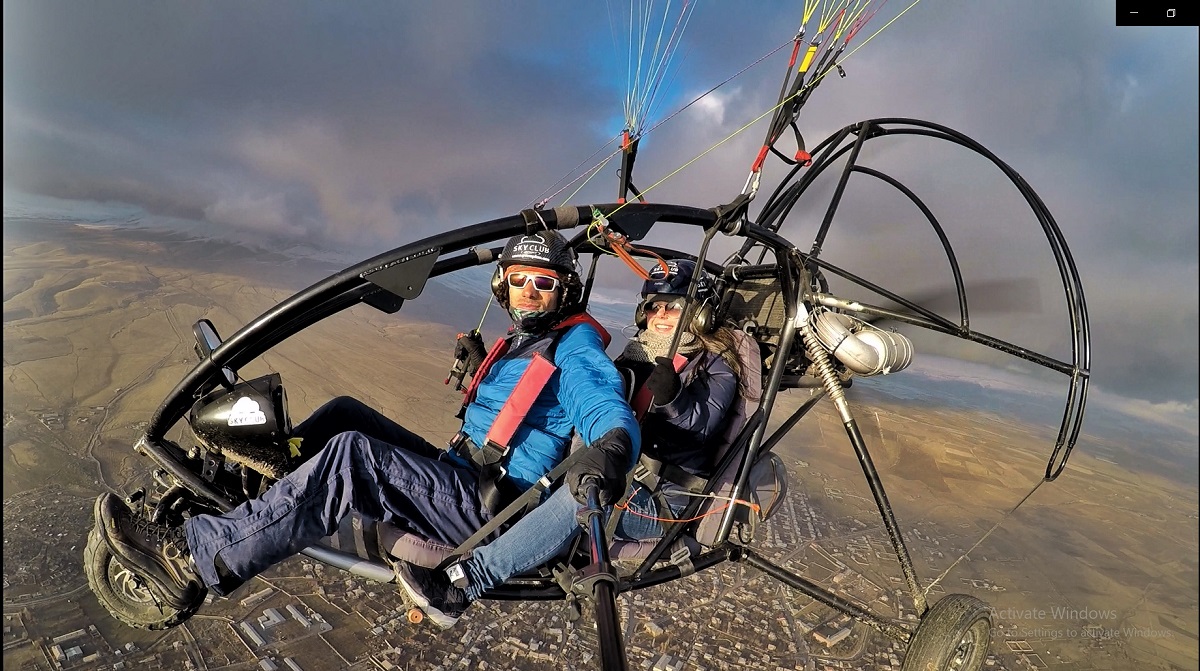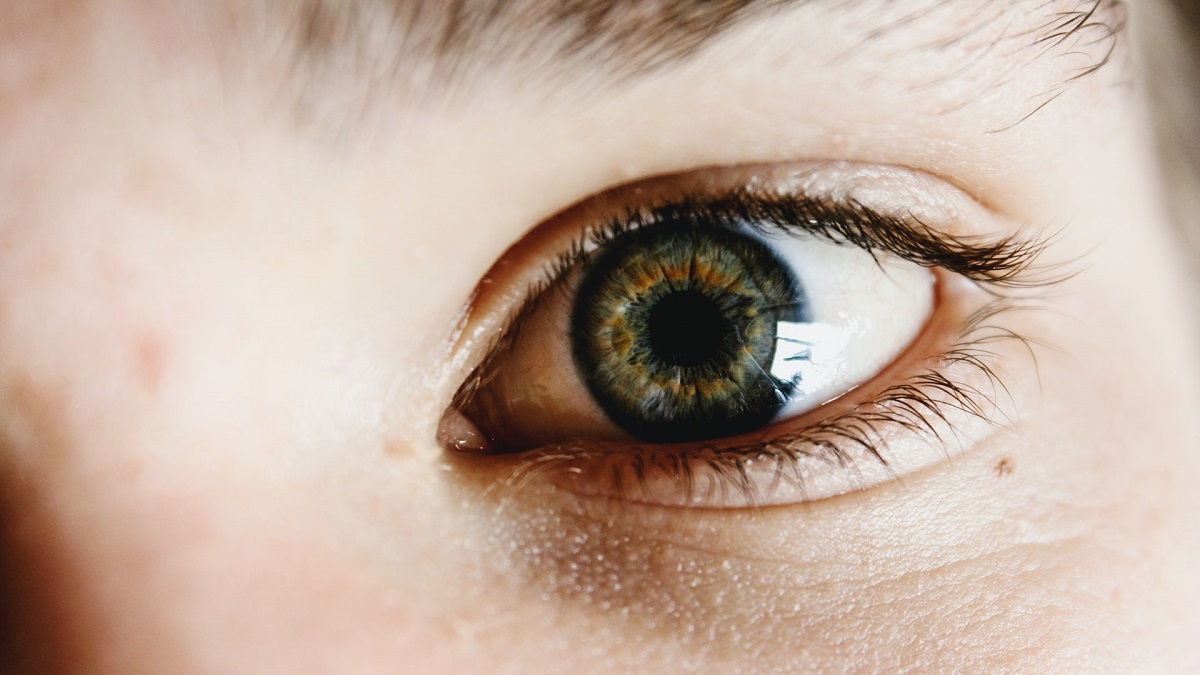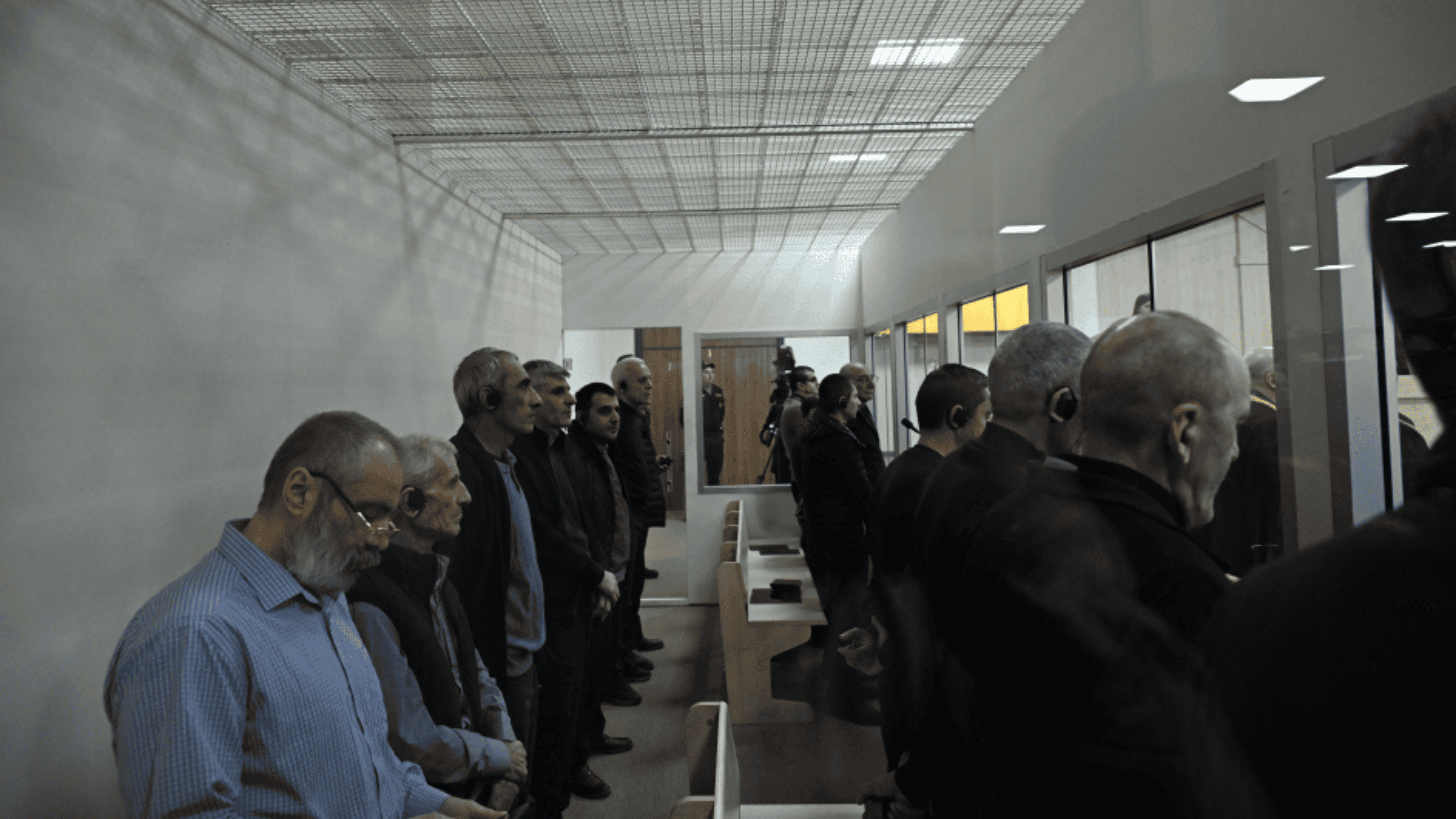Dirty toothbrushes, expired medications: what inspection found at children's home in Armenia
Unsanitary conditions at children’s home in Armenia
Showers in front of other children, shared care for boys and girls, lack of sanitary conditions”—these are just some of the issues discovered by Armenia‘s human rights defender office staff during an inspection at a children’s home in Gyumri, where children are under state care.
“Children’s toothbrushes were dirty, there was a problem with the individualization of personal hygiene items, cups, and plates. There were instances when nannies confused children’s towels,” states the ombudsman’s report.
The unannounced visit took place in late November, and the report has now been published. The ombudsman’s office experts report that the results of the inspection were presented to the director of the care home. All issues were discussed with him, and solutions were proposed.
Additionally, a more detailed report will be presented to the relevant authorities shortly. Primarily, this concerns the Ministry of Labor and Social Affairs, which oversees the institution. The ministry has yet to respond to the ombudsman’s office report.
Violations at the children’s home in Gyumri were the focus of public attention and actively discussed on social media back in August. At that time, the Investigative Committee received reports of child abuse by a nanny and a nurse. They were charged with causing “severe physical pain and mental suffering to helpless children.” Home arrest and a travel ban were imposed as preventive measures, and the preliminary investigation is ongoing.
- “They need to feel useful”: Preserving memory in Armenia
- “Looking for a nanny”: Women in Armenia strive to return to work after maternity leave
- Issues with personal assistants for disabled in Armenia
“Children have no personal space”
Staff from the ombudsman’s office reviewed the conditions of the building where the children live, including communal facilities and sanitary conditions. They also investigated the level of care provided to the children, including their access to first aid, food, and clothing. Special attention was given to the relationships between the staff at the “Children’s Home” and the children, as well as to the protection of their rights and interests.
The report highlights the following issues:
- Children do not have the necessary personal space, as the beds in the rooms are positioned very close together or are shared. Due to the lack of space, there was a case of joint care for boys and girls.
- The ability to meet personal needs (hygiene) in private settings is not ensured. For example, most of the bathrooms are not separated from the bedrooms, and the children take showers in the presence of other children.

“Expired medications and porridges discovered”
Staff from the ombudsman’s office noticed that the first aid kits in the shared rooms were dirty. They contained both used and unused medications, all stored in various boxes without any labeling.
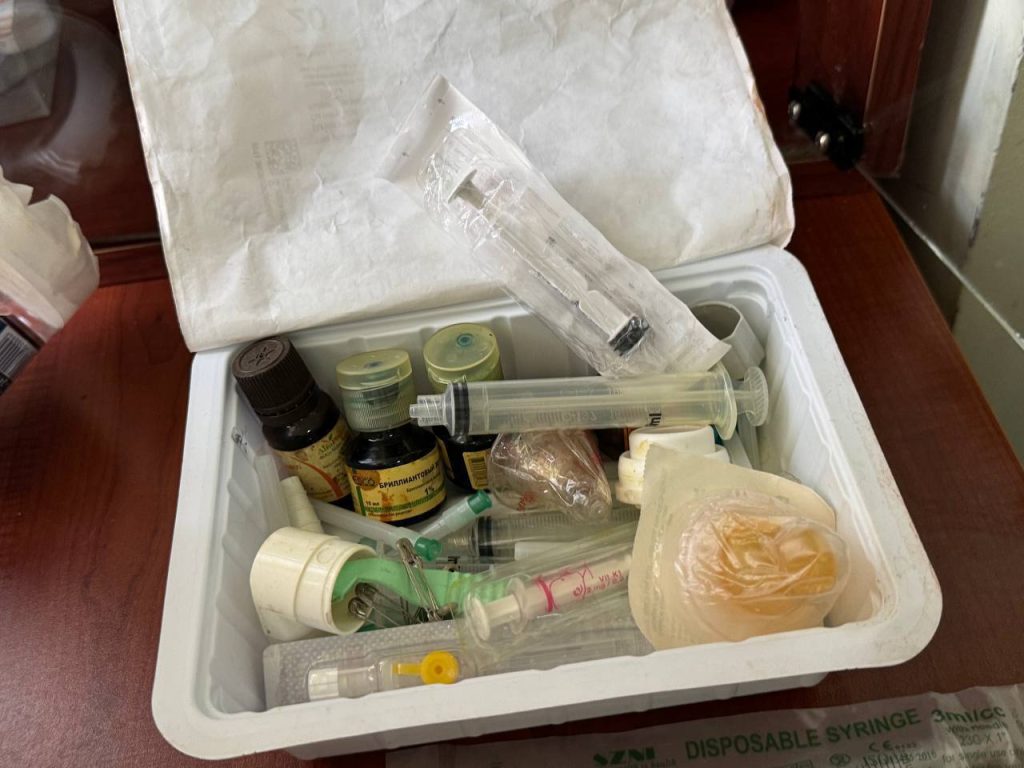

Additionally, expired medications and food, including porridges, were found. Meat products lacked labeling that would allow verification of their expiration dates.
“Due to difficulties in attracting the appropriate specialists, the institution did not assess the individual medical needs of the children, including palliative care.
Children were fed through syringes and feeding tubes (nasogastric tubes), which were disinfected and reused without individualization,” the report states.
The baby bottles had damaged surfaces. A medical journal was absent. The documentation of confirmed cases of abuse, both between children and by adults, was incomplete, and reports on these cases were not submitted to the competent authorities. The children’s clothing at the “Children’s Home” was worn out.
Issues with educational process
In addition, experts noted serious issues related to the educational process. The problem is that the educational process is not adapted to the individual characteristics, abilities, and needs of each child:
“A child with visual impairments, attending a regular school, was not provided with Braille books or necessary accessible learning materials.”
The ombudsman’s office staff pointed out that the institution needs to:
- Ensure the availability of accommodations for children with disabilities and the ability to use transportation,
- Implement mechanisms for identifying, preventing, and responding to cases of violence against children,
- Involve a team of specialists and improve the qualifications of existing staff,
- Enhance communication skills of staff when interacting with children.
It was also discovered that the institution lacks a mechanism to ensure “real and accessible participation of children in matters concerning them, and their right to be heard.”
Another issue found by the ombudsman’s office experts is that, throughout 2024, the institution accepted new residents, including children under 3 years old, but no child was returned to their family or placed with a foster family.
Social media outcry
“I was shocked by every point in the report. This is a blatant crime against such vulnerable children. Honestly, I don’t understand why we should even discuss anything with the director after all of this. I thought in such cases, people are immediately held accountable.”
“These children already have such a difficult life. How can anyone treat them this way?”
“This is the result of negligence by oversight bodies and a lack of conscience among the staff.”
“We hope that the issues uncovered will not remain just on paper, that you will make them solve all the problems as soon as possible, and that you will be consistent in this. I don’t understand how the director hasn’t been fired after all of this.”










